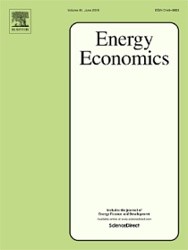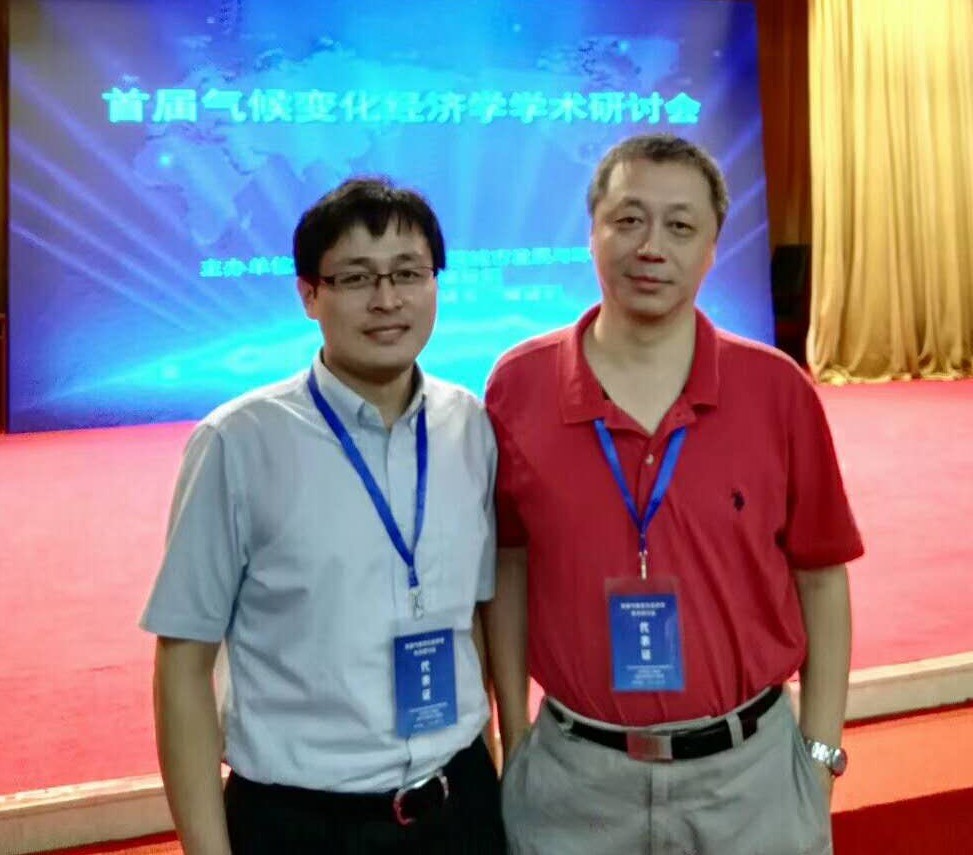发布日期:2019-11-27

发展中国家像中国有相当一部分碳排放是因为为其他国家生产贸易产品供这些国家消费所致。联合国气候变化框架公约下基于国家境内生产排放核算体系没有考虑跨境隐含碳排放的因素,已有的研究认为这种核算体系下发展中国家承担了过度减排责任。
张中祥在美国国会唯一建立与资助的公共外交智库东西方中心任职资深研究员时在Mineral Economics发表了“谁应当为中国国际贸易中隐含的二氧化碳排放买单?”(ZhongXiang Zhang, Who Should Bear the Cost of China’s Carbon Emissions Embodied in Goods for Exports?, Mineral Economics, 2012,Springer, Vol. 24, pp. 103-117)的文章,结合国际贸易现状以及中国自身的发展路径,探讨了全球化时代下中国日益增长的碳排放量应该由谁来买单的现实问题。虽然基于消费的碳核算框架可帮助理解中国不断增长的碳排放量的成因、减排的困难与影响和寻找解决办法,但从国际贸易结构和产业分工、人民币汇率与贸易政策、中国产业政策和产业转型、中国对碳关税的立场、消费者付费原则、企业社会责任等角度分析,基于消费的碳核算体系隐含的中国的部分碳排放量让进口国消费者分担是不可能的,也不会被接受。如果再考虑到国际产业分工对碳核算体系的影响,消费者负责原则的有效性会大大降低。
天津大学管理与经济学部副教授张增凯博士、天津大学马寅初经济学院卓越教授张中祥院长和对外经济贸易大学全球价值链研究院副研究员祝坤福博士合作的文章“产业分工视角下的碳减排责任分担”(Allocating carbon responsibility: The role of spatial production fragmentation, 2019年8月被Elsevier出版社出版的Energy Economics接受并在线发表)指出,已有的研究对不同核算体系下地区碳减排责任的差异性做了大量的研究,但对于不同核算体系之间转变的难易程度的定量研究相对缺乏。全球产业分工导致要素供应地、碳排放实际产生地以及产品最终消费地之间的分离。基于全球投入产出模型,以生产者负责原则、消费者负责原则和收入者负责原则三种碳排放核算体系为例,三位学者分析了全球产业分工对于从生产者负责原则向收入者负责原则以及消费者负责原则转换的影响。

(于中国社会科学院组织的首届气候变化经济学学术研讨会。张中祥作大会主旨报告,张增凯获优秀论文一等奖)
他们的研究发现,不同核算体系之间转移的难度不仅仅与贸易隐含碳排放的规模相关,而且与贸易品跨境次数相关。随着全球产业分工的深化,贸易品跨境次数逐渐上升,日益碎片化的生产网使基于生产的碳核算框架转变到基于消费的碳核算框架和基于收入的碳核算框架变得更加复杂,从生产者负责原则向收入者负责原则以及消费者负责原则转换的难度也在逐渐加大,而收入者负责原则和消费者负责原则的有效性也在逐渐降低,从而削弱了基于消费的碳核算框架和基于收入的碳核算框架的有效性。
据2018年JCR影响因子报告,Energy Economics位列SSCI经济学学科353种期刊第20位。
Allocating carbon responsibility: The role of spatial production fragmentation
Energy Economics, 104491
Zengkai Zhang, ZhongXiang Zhang*, Kunfu Zhu
Abstract
A number of studies have compared national carbon abatement responsibility under different carbon accounting schemes. However, the difficulty of the shift among different national carbon accounting schemes has rarely been quantitatively evaluated in the literature. Spatial production fragmentation over the recent decades has led to geographical separation among the primary inputs supplying regions, carbon emitting regions, and final consuming regions. The purpose of this paper is to reveal the effects of spatial production fragmentation on the shift from production-based to consumption-based and income-based national carbon accounting. Based on both demand- and supply-driven input-output analytical frameworks, this paper analyses the allocation of carbon responsibility for embodied and enabled emissions along production chains over the period 1995–2009. It was found that as much as 25% of embodied emissions and 20% of enabled emissions crossed national borders more than once in 2009. The shift among different carbon accounting schemes is not only related to the magnitude of trade related emissions but also related to border-crossing frequency associated with emissions embodied in or enabled by international trade. The increasingly fragmented production networks complicate the shift from production-based to consumption-based or income-based accounting and weaken the effectiveness of consumption-based or income-based accounting.
JEL classification
C67, F18, F64, O13, Q43, Q54, Q56
Keywords
National carbon accounting, Spatial production fragmentation, Border-crossing frequency, Embodied emissions, Enabled emissions
文章全文参见链接:
https://www.sciencedirect.com/science/article/pii/S0140988319302725